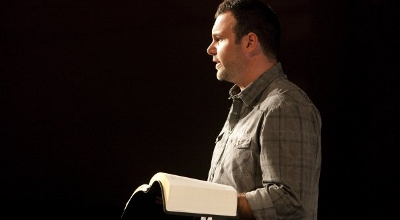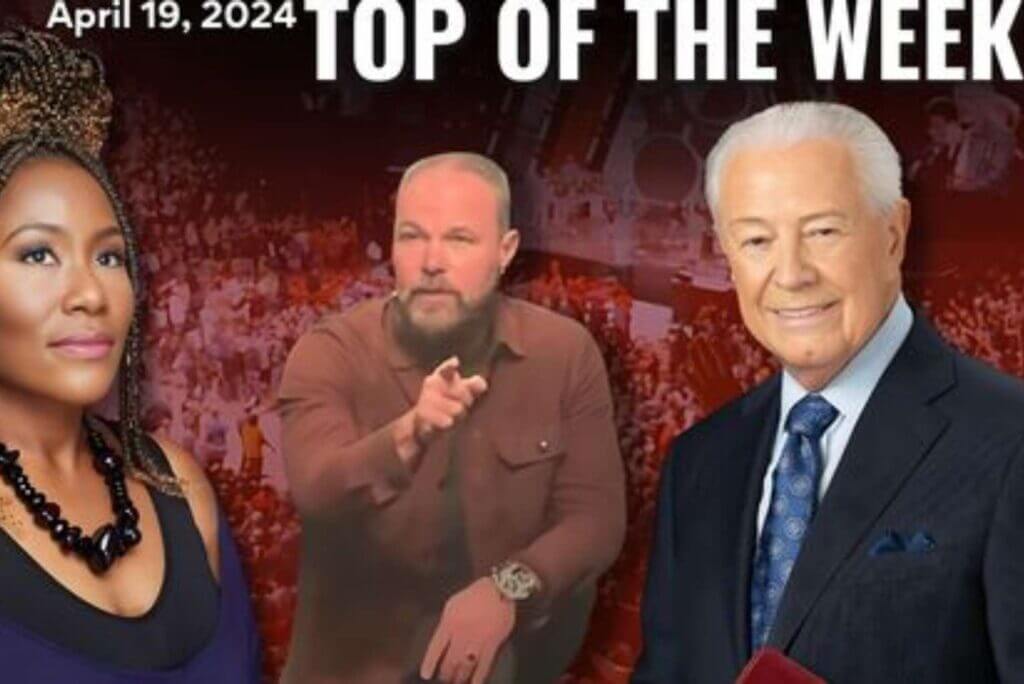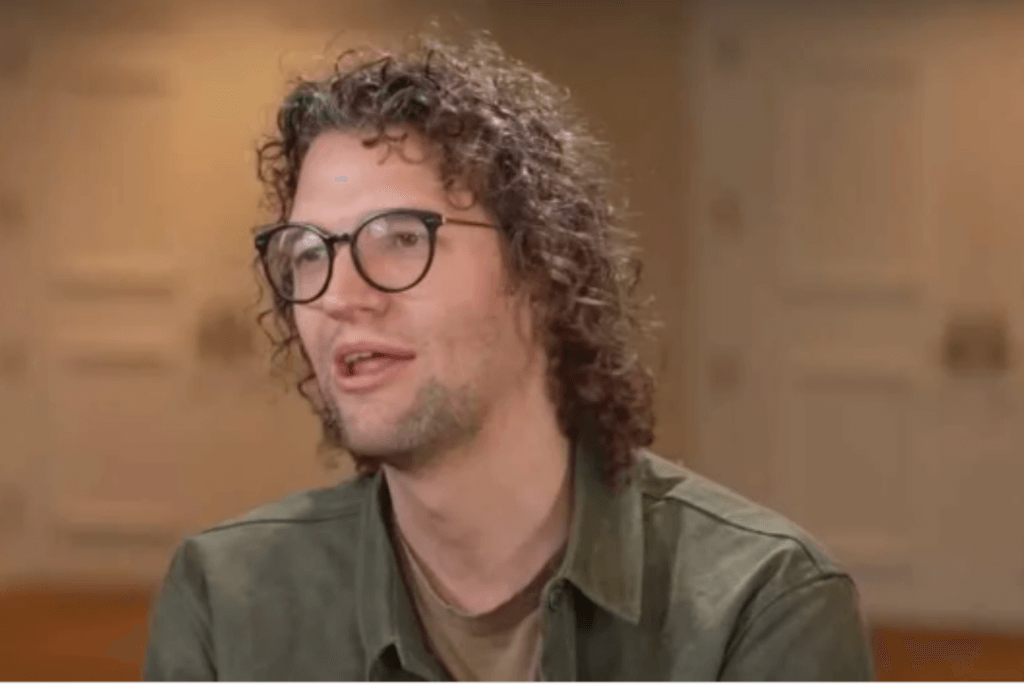Just when you thought the debate about Mormonism was calming down, a Seattle-based megachurch pastor has lit a new fire under the topic.
And it’s not likely that the debate will die for good, either, with the possibility of presidential candidate Mitt Romney becoming the first practicing Mormon president.
In his blog this week, Mars Hill Church pastor Mark Driscoll pointed to Romney’s run for president as the root of the arguments between theologians—and then expressed his views.
“Historically, there has been a very clear line drawn between Mormonism and orthodox Christianity, with all leaders of the church across a wide spectrum of Christianity agreeing that Mormonism is not only heretical but also a cult,” Driscoll writes.
Although the megachurch pastor does not say whether Christians should take former Mass. Gov. Romney’s beliefs into consideration when voting, he predicts “there will be continued effort to bring Mormonism into the center of Christian orthodoxy.
“Thus, it’s important to understand what the cult of Mormonism teaches, to understand that it’s antithetical to Christianity,” he explains.
Driscoll dissects the term “cult,” pointing to “religious nut cases such as Jim Jones, David Koresh and Heaven’s Gate.”
He writes: “And since it’s true that Mormonism deviates from Christianity on fundamental doctrinal issues, it’s not helpful to call it a cult based solely on that definition alone as we’d have to call any group that does so a cult as well.”
When looking at the theological definition of a cult, Driscoll says “Mormonism is most certainly a cult theologically speaking because it deviates substantially from historic Orthodox Christian belief about essential issues related to God, humanity and salvation.”
But the mere fact that the Church of Jesus Christ of Latter-day Saints deviates from Christianity is not what makes the religion a cult; otherwise, any belief system outside of orthodox Christianity could be called such. Mormons, however, “claim Christianity while subtly subverting it in both practice and theology.
“Because it claims to be Christian, uses Christian language, but is antithetical Christianity, it must be labeled a cult theologically.”
While the pastor says many Mormons are good neighbors, friends and fellow citizens, he says “we cannot go so far as to call them brothers and sisters in a common faith.” Doing so “is to not only confuse real Christians, but to also diminish the importance of lovingly speaking with Mormons about the errors of their belief in hopes of seeing them come to know the real God of the Bible and avoiding eternal damnation for worshiping a false god.”
Driscoll goes on to point out that biblical and orthodox Christians believe that our sins are covered by Jesus, and Jesus alone—not our good works. Whereas “for the Mormons, it is not Jesus’ blood that makes us righteous, but rather his sacrifice that gives us grace to be good, which leads to righteousness and salvation,” he notes.
“In short, Mormons believe that being a good person is precisely what makes someone a Christian. Jesus is not the means of salvation, but the point at which the means begins. This is fundamentally at odds with orthodox Christian teaching, false, unbiblical and heretical,” he argues.
The LDS church launched its “I’m a Mormon” campaign in New York City in June, a few days after the large success of the Book of Mormon musical at the 2011 Tony Awards. The campaign extends to 12 cities in seven U.S. states featuring advertisements on TV, city buses and billboards, asking Americans to visit the church’s website to learn about its beliefs and its followers.
In addition to Driscoll’s explanation of the Mormon belief on Jesus, followers deviate from Christianity’s Trinity, the belief of God in three Persons. They also believe that Joseph Smith Jr.—the founder of Mormonism—is the first latter-day prophet who restored the original Christian church in the 19th century in America. Mormon followers are known for their belief in “divine” books of Scripture separate from the Bible, including the Book of Mormon, the Doctrine and Covenants, and the Pearl of Great Price.
See an error in this article?
To contact us or to submit an article





















